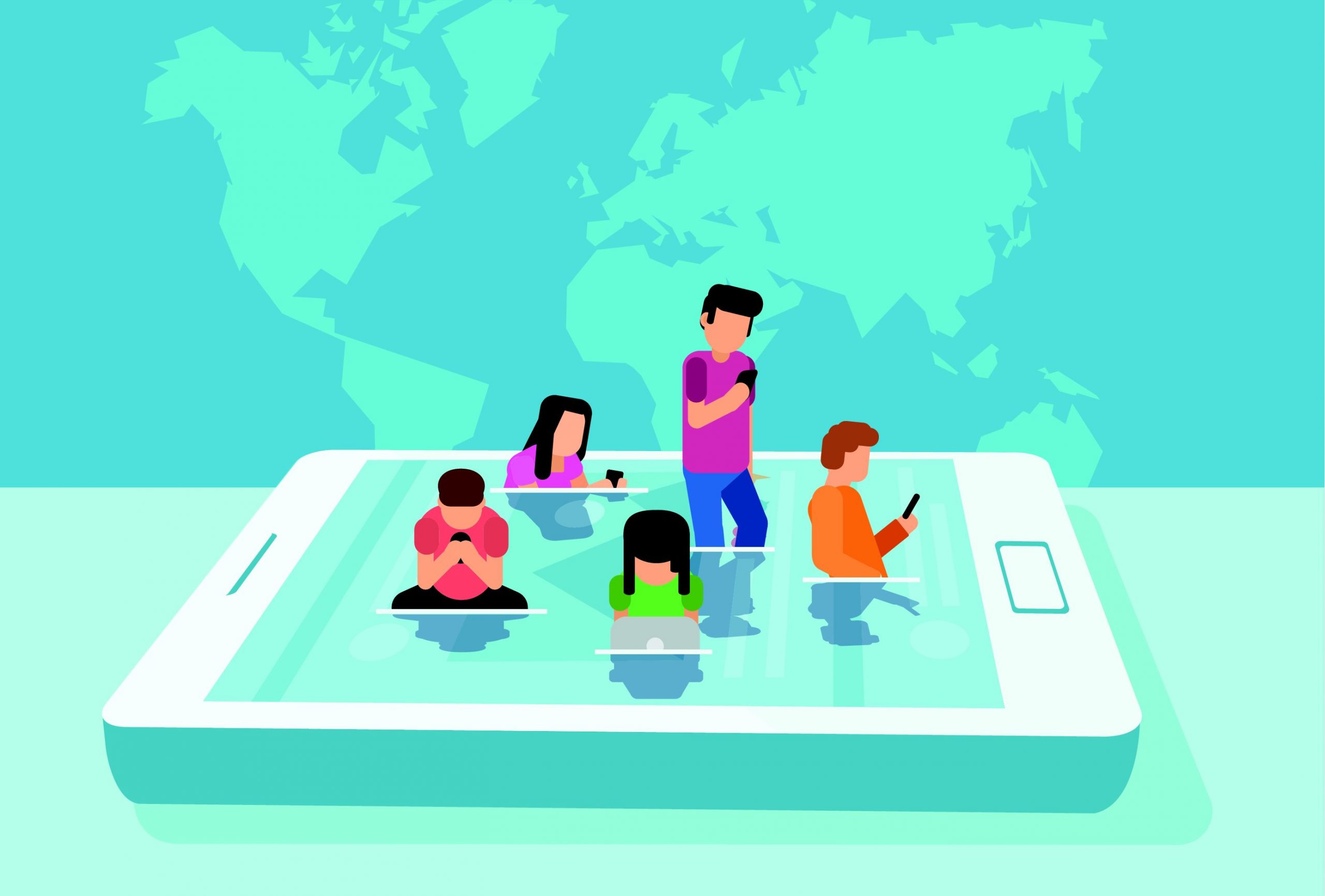The Misconceptions of Personal Freedom
If you think you are free just because you live on your own or have reached a certain level of financial freedom – maybe, even because your children have left the parental home, know that this has nothing to do with true freedom. True freedom is within you, manifested through how you treat yourself and, most importantly, how you treat others.
False Freedom
Many of my clients confuse being free with having no limitations – those dictated by commitments, duties, obligations, and such. Of course, the fewer limitations of such kind a person has, the more freedom it gives them, but it is rarely a true freedom. Take, for example, a person who considers themselves free because they have chosen to live alone. Such a person may still live through the moments when they are lonely or have financial difficulties. They may (and will) have difficulties that prevent them from being completely free. Even on the level of commitments, the freedom you claim to have often ends up being an illusion. The same is true for the person who considers themselves free because of their particularly lucrative financial standing. People with money may also have relationship problems, such as disagreements on certain financial matters with their spouse or children. Such a person may fear being loved only because of money and live through the disappointment of thinking they are being used or fear losing their money. True freedom cannot be achieved by satisfying only one’s material needs – it must go hand in hand with your other needs, neatly placed on the five levels of the well-known Maslow’s hierarchy of needs.
Ties That Bind
Personally, I thought I had finally found freedom only after my children became independent and left my home. But suddenly, I realized that this was not real freedom. Most parents find it hard to give their children complete freedom and find it impossible not to worry about them anymore when they leave the parental abode. Why? Because parents are not really free themselves. And they cannot allow their children to be free from their parents’ decisions without living through emotional disappointment, frustration, anger, and worry. I vividly remember experiencing intense emotions when my oldest son didn’t call or return my calls for over a month. I painted myself scary pictures, feeding my fears with them. I even thought that if he allowed that to happen, he didn’t truly love me anymore. But the reality was different: he thought I was better off not knowing what was going on with him if he had nothing to brag about or please me. I finally realized that he liked to call me or visit me when he had good news for me. Indeed, he wanted to please me but chose the means that I found hard to comprehend at first. In my coaching sessions, grandparents often share their worries and emotions about unmet expectations for their grandchildren. Some resent the way children behave with their parents and vice versa. Many feel it is their responsibility to take care of the children, and the children don’t always (almost never, let’s be honest on this one) like it. Even though they have reached an age where they can live and enjoy life, they find it challenging to live for themselves, listen to their inner needs, and be harmonious without excessive concerns about those around them. Regardless of our age or the situations we live through, we create all kinds of restrictions on ourselves that take away our freedom – simply because this disrupting pattern runs in the family in the form of upbringing habits, passed from father to son for generations.
Know Thyself
At some point, those concerned with the issue sooner or later conclude that being free means exercising the right to be yourself. It means being bold enough to listen to your needs, even if they don’t meet the expectations of others. It also means feeling that only we are the masters of our own lives. In my first marriage, I considered myself a genuinely free person because I had a great career, made a lot of money, and managed everything in my family and home. But I always made excuses for my decisions, and when my husband disagreed with me, I got angry and did whatever it took to stay right – even if ultimately it harmed us both. When we need other people’s consent to allow ourselves to follow our needs, we depend on their opinions, and thus we cannot be considered free. Things were different with my second husband. For example, when I wanted to go somewhere for a few days to rest or recuperate, I shared my need with him. I didn’t ask for his consent or permission but instead tried to find out how he felt about my decision and whether he wanted me to do something for him before I left. He always told me he wished he had gone with me, but he understood my need. He knew I loved traveling with him, but sometimes it was vital for me to be alone. And because he never reacted emotionally to my decisions, I knew I was truly free in my family relationship. If he got angry or tried to blame me, which rarely happened, I knew I wasn’t free and would feel guilty.
Ego Trap
Those who live only for others without listening to their needs might think that meeting those needs is a sign of selfishness. Here I’d like to remind you that being selfish means seeking to have another person meet our needs – often at their own expense. If you are one of those who live for other people, I strongly recommend that you re-read this definition at least three times. You are most likely an egoist by not allowing yourself to be free. Why? Because you have too many expectations of other people. You believe that if they acted according to your wishes, you wouldn’t have problems, dark emotions, and fears – which, as I’ve hopefully demonstrated, is not how freedom works.
True Freedom
If you want to live in peace, be free, and have as few restrictions as possible, remember that only you have the means to make it a reality. So be aware of your needs first, then act to meet them! You will become accessible when you learn to respect the needs of the people you love. The next step is to accept that they can also do whatever they want with their lives because they alone are responsible for the consequences.
For premium readers







